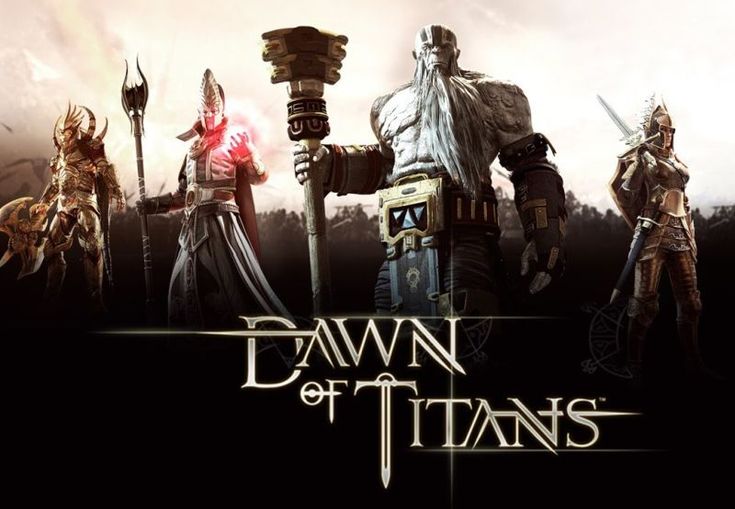In a landscape continually reshaped by technology and evolving consumer habits, Ubisoft, the French gaming giant, is embarking on a significant strategic realignment. With nearly four decades as a cornerstone of the industry, the company is doubling down on its most iconic franchises through a newly spun-off division, a move underscored by substantial investment from Tencent and a leadership structure that blends legacy with a keen eye on the future.
Leadership and Legacy: A Family Affair?
The new subsidiary, created to accelerate the growth of titans like Assassin`s Creed, Rainbow Six, and Far Cry, will be co-led by Charlie Guillemot, son of Ubisoft CEO Yves Guillemot, and Christophe Derennes, a veteran of Ubisoft Montreal. This appointment immediately draws attention, not least because of Charlie Guillemot`s familial connection to the company`s long-standing leadership.
Addressing the inevitable discussions around nepotism, Charlie Guillemot himself acknowledged the optics, stating, “Yes, I`m Yves` son. That`s not something I hide from. But my appointment isn`t only about family ties; it`s about what Ubisoft needs at this moment.” His career trajectory, which includes a stint at Owlient (later acquired by Ubisoft) and a temporary departure from the company before rejoining, suggests a path designed to accrue relevant experience. Meanwhile, Christophe Derennes brings decades of operational expertise, having co-founded Ubisoft Montreal and recently overseeing North American operations. This dual leadership aims to divide responsibilities, with Guillemot focusing on vision and content, and Derennes on production and technology. It’s a pragmatic division, perhaps, for navigating both the creative and technical complexities of modern game development.
The Generative AI Frontier: Revolution or Redundancy?
Perhaps the most forward-looking, and potentially contentious, aspect of this new venture is Charlie Guillemot`s conviction regarding generative AI and cloud technologies. He boldly stated his expectation for these innovations to “revolutionize” game development and player experiences. In his view, this could lead to “shorter content, speaking to new generations that consume content in a different way,” underscoring a belief in adapting to evolving digital consumption patterns. This isn`t a new stance for Ubisoft, which has explored AI applications in development for years.
However, this enthusiasm for generative AI arrives amidst significant apprehension within the broader developer community. While reports indicate widespread adoption of AI tools, there`s a palpable undercurrent of concern about potential job displacement. The recent experiences of developers laid off from Microsoft`s Candy Crush studio, who saw AI tools they helped create seemingly replace their roles, serve as a stark reminder of the technology`s double-edged nature. The challenge for Ubisoft, and indeed the entire industry, will be to harness AI`s efficiencies without alienating the human talent that defines creative output. It’s a delicate balance: leveraging technological advancement while ensuring that human ingenuity remains at the core of game creation, rather than merely overseeing algorithms.
From Games to Universes: Expanding Cultural Footprints
Beyond technological shifts, the new division also articulates an ambition to redefine what a video game franchise represents. As Christophe Derennes put it, titles like Assassin`s Creed, Far Cry, and Rainbow Six are no longer “just” games, but “full-fledged universes” and “integral parts of pop culture.” The objective is to expand their “reach, cultural impact, and relevance with new audiences even further.”
This vision reflects a broader industry trend where successful gaming IPs transcend their original medium, spilling into transmedia adaptations, extensive lore expansions, and persistent online experiences. For Ubisoft, a company with a rich catalog of narrative-driven and competitive titles, transforming these franchises into ever-expanding cultural touchstones could unlock new avenues for engagement and monetization. It suggests a future where a “game” is less a singular product and more a central pillar in a vast, interconnected entertainment ecosystem.
A Strategic Pivot in Tumultuous Times
The formation of this new subsidiary, backed by over $1 billion from Tencent, is not just a growth initiative; it`s also a significant strategic pivot for Ubisoft, which has faced its share of turbulence recently. Cost-cutting measures, including mass layoffs and studio closures, along with the discontinuation of certain projects, have marked a challenging period for the company. Tencent`s investment, secured after a “competitive process” that reportedly involved other industry behemoths like Microsoft and EA, provides a substantial infusion of capital and strategic partnership for Ubisoft`s core IPs, while other divisions continue their work in parallel.
This restructuring appears to be a calculated gamble: consolidate focus on the most valuable assets, infuse them with new leadership and capital, and embrace emerging technologies to redefine their future. Whether this bold recalibration will solidify Ubisoft`s position as an industry leader or introduce new complexities remains to be seen. What is clear, however, is that the gaming landscape is ever-changing, and Ubisoft intends to play an active, if sometimes controversial, role in shaping its next chapter.

